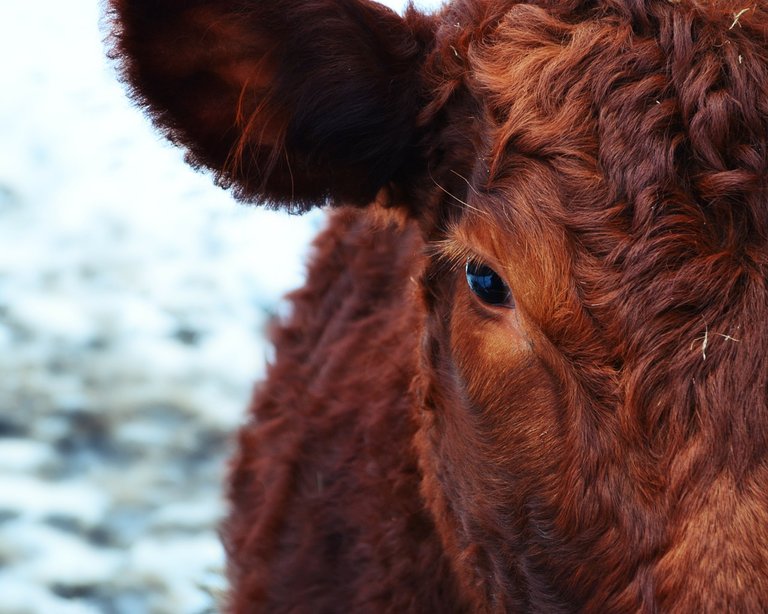
Lots of discussion about cloned and lab-grown meat lately. And finally I see there is a positive angle to the story emerging: http://time.com/4490128/artificial-meat-protein/
There is an essential difference between Lab-Grown and Cloned animals previously reported, and controversially approved for consumption: http://www.scientificamerican.com/article/are-we-eating-cloned-meat/
The future of clone technology should definitely not stop with cloning and raising of actual animals for food. The same environmental and ethical concerns are present for a cloned animal.
The point of stem-cell cloning would be to grow actual meat in a lab (for now), and eventually in an efficient "growth-house" that would allow for real meat (for those who want / need it). It would be similar to how breweries brew their product in tanks - a delicate and defined process - after which the end product is shipped and distributed.
Growing meat would happen in 'batches' of various types - combining muscle and fat cells derived from stem cells to make marketable product. The stem-cells would have to be continuously cloned, so there would be an entire ecosystem businesses involved in the making of the product. Perhaps animals would still exist on farms, and would live a natural life and be kept and bred for their genetic stock.
Certified Organic, and Ethical would still have a place to ensure the quality treatment of these stem cell donors.
Some obvious benefits would be better use of land (deforestation would no longer be economically profitable), and also a controlled environment to prepare the beef (without risk of e-coli contamination from the slaughter process). And of course, it would eliminate the need to actually kill/slaughter the animals.
With all the advances in technology, I hope some of the disruption that will alter traditional industry, will also include farming - for the many positive benefits that it would bring. Farmers would still be needed, but not huge operations that generate enormous waste and in many/most cases also result in animal suffering (that can hopefully be reduced someday soon).
I'm not sure where you're from. I'm from a small farming community in Idaho. Being born and raised on a farm that both grew crops and raised livestock I've seen first hand how cattlemen treat their livestock.
I don't know a single one that didn't miss a dinner or family function because they were caring for a member of the herd. They work hard and give everything they've got most days before sunrise and well after dusk.
While I've heard of the atrocities that some slaughter houses commit, those stories are the only ones that get press.
I think scientific research is great. However, I'm not thrilled about eating a hunk of meat grown in a lab.
Makes me sad to hear people saying things like "most farmers won't be needed". With that sentiment you would be putting a lot of people I love and care about out of a job. To that I say "where's the beef?!"
Here's an excellent website to see how "unconcerned" farmers and ranchers are about how raising "food" is harmful.
https://agricultureproud.com/
Would love to see independent farmers and ranchers stay and maintain the genetic stock of animals in the future so we don't lose the species that have been bred for consumption. Hard working farmers can't meet the demand for the growing billions of cheap meat consumers, which is being met by factory farms, or clear cut ranches in Brazil. Even putting aside the local-organic movement for premium meats, price pressures on independent farmers will only continue as the process of industrial optimisation never ends (even if there sometimes is a readjustment on practices on things like antibiotics and hormones) . The environmental damage that occurs from massive commercial farming is not factored into the cost of the cheap meat. It will be interesting to see how the culture continues to evolve with new technology. My guess is that the corporate interests will eventually adopt it once there is a business case vs. running current factory farms. All the benefits (e-coli risk, environmental damage, animal suffering, etc.) will probably be used as fancy marketing points...we're definitely in for an interesting future!